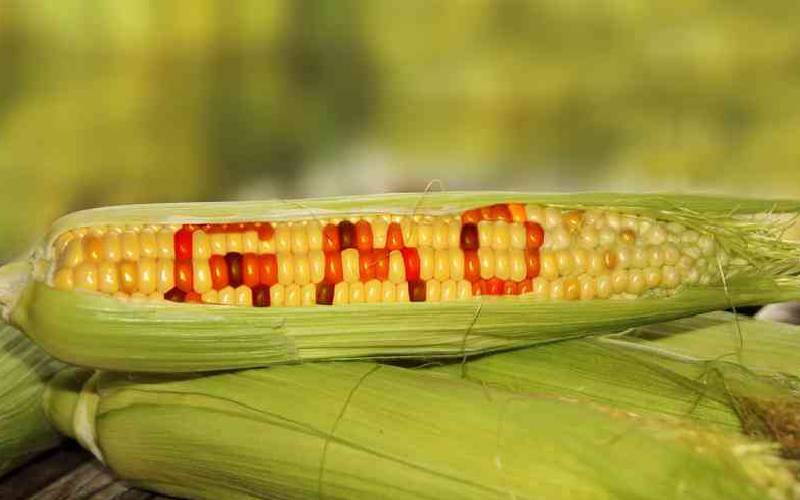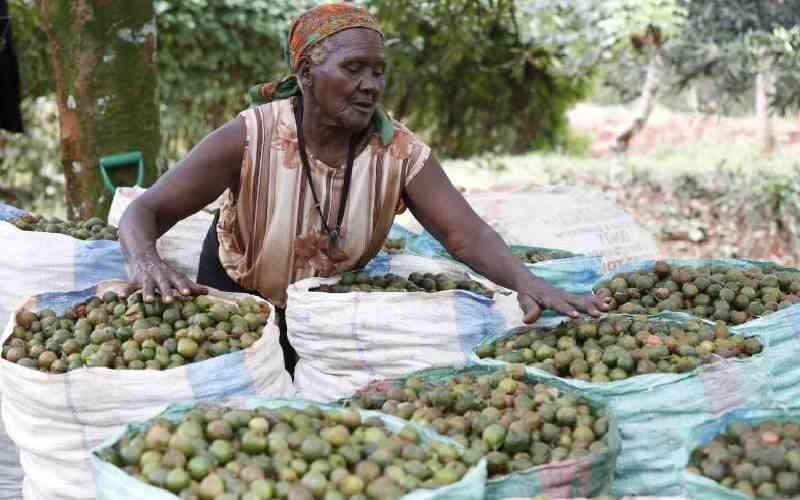Kenya has come a long way from the 1970s when finding a human tooth, cockroach or a rat’s tail in the porridge served for boarding school students was commonplace. While such extremes often led to violent student strikes, poorly cooked food – lumpy ugali and porridge, tasteless tea, overcooked cabbage, weevil infested beans and the occasional stone in nyoyo/githeri were considered fair game.
This is because what bothered students of that generation, who are today’s parents and grandparents, was not the quality of the food (once their tongues got accustomed to the swill), but the quantity.
Dr Evelyne Jepkemei, an education research, policy and leadership expert, says there is not only a correlation between quality of nutrition and academic aptitude but that adequate nutrition in adolescence is important for the refinement of adult brains and behaviour.
“If teens don’t eat right, they can become irritable and depressed. Studies show that the brain of teens continues to grow, especially the areas that deal with executive function which include the neocortex and the prefrontal lobe. Without the right nutrition, these parts of the brain fail to grow, leading to emotional problems,” says Jepkemei.
And yet in most Kenyan boarding schools, hunger pangs were and are still constant. The food was never enough, seeing as a teenager is when children grow like beanstalks.
In his biography, in the dust of Kilimanjaro, former KWS director David Western, who schooled in Tanzania, says the boys were constantly hungry to the extent that they would sneak out of school to go hunting for antelopes for roast meat!
In Kenya, tales abound of boys tiptoeing into the school cowshed at night to milk cows or sneaking into school farms to steal maize. While bombing of a science laboratory would go unnoticed, a principal who dares close the school canteen would be inviting nuclear war. For secondary school boarding is the only place where one can live on bread alone -- and the word be damned.
Is it, therefore, any wonder that poor diet always features as one of the causes of student strikes, and that national schools, which charge higher fees and feed their students better, are less likely to face a student strike?
The Nairobian spoke to a student from a national (boys) school in Tharaka Nithi County whose annual fee per student is Sh60,000. The 18-year-old said that in general, they are fed a good balanced meal, with an occasional fruit.
“Our school menu has ugali and beans, muthokoi (peeled and cooked maize), rice and beans, ugali and cabbage, githeri, ugali and meat. We also eat a quarter loaf of bread every breakfast,” he said.
Asked about the quantity of food, he smiled and said “we just get what they think is enough”.
“We use a table system of serving. So food is served on each table and you share it amongst yourselves. The only challenge is if you come late, you get less food as others will have scrambled for the top layer.
“You can only go for an additional portion after everyone has eaten and it's mostly cold food which might upset your stomach,” he added.
But a Kisumu County boarding school form three girl has a different narrative. For her, some meals are just vocabulary when she is in school. Her school, though boarding, is located in the remote areas of the lakeside city. As a result of the high population in schools since around 2013-2014, she told The Nairobian that they have had to transform the kitchen to a dormitory.
She says at some point the school came up with wooden structures to act as classes when more streams were needed.
Stay informed. Subscribe to our newsletter
“There are over 1,000 students in the school, with eight streams. During short breaks you would not want to visit the washrooms because of the queue,” she says.
They eat githeri for supper every weekday, ugali and kales (Sukuma wiki) for lunch respectively from Tuesday to Sunday. She added that they eat rice and beans only on Sunday supper and Monday lunch.
“The only day we eat meat is on Saturday and Sunday supper and it is always a piece or two of meat, that is if you are lucky. We just use the soup and aroma of meat to eat our ugali,” she joked.
Unlike the National School brain boxes who are fed on milk tea and bread every breakfast, theirs is black tea every day -- without ‘escort’, apart from weekends. That means those who can afford to buy bread in the school canteen.
She says to get anything from food, water, bathrooms and toilets in her school, you must be an early bird. This is in contrast with what learners in established national, private and international schools.
In this category of schools, students have the luxury of eating sausages, boiled eggs and milk tea for breakfast. They even go as far as serving their students with French Fries, chicken, chapati as well as a fruit after each meal.
“My son has never complained about the food they eat. I think he is comfortable in school,” a parent at Brook House International School told The Nairobian.
Ditto national schools.
“I cleared Form Four in 2013 from Alliance Girls’ High school. Back then, we were well fed. I remember we even had chapati, eggs and pilau days. I would never complain about that school apart from the cold weather in Kikuyu,” an alumnus remarked.
 The Standard Group Plc is a
multi-media organization with investments in media platforms spanning newspaper
print operations, television, radio broadcasting, digital and online services. The
Standard Group is recognized as a leading multi-media house in Kenya with a key
influence in matters of national and international interest.
The Standard Group Plc is a
multi-media organization with investments in media platforms spanning newspaper
print operations, television, radio broadcasting, digital and online services. The
Standard Group is recognized as a leading multi-media house in Kenya with a key
influence in matters of national and international interest.
 The Standard Group Plc is a
multi-media organization with investments in media platforms spanning newspaper
print operations, television, radio broadcasting, digital and online services. The
Standard Group is recognized as a leading multi-media house in Kenya with a key
influence in matters of national and international interest.
The Standard Group Plc is a
multi-media organization with investments in media platforms spanning newspaper
print operations, television, radio broadcasting, digital and online services. The
Standard Group is recognized as a leading multi-media house in Kenya with a key
influence in matters of national and international interest.









